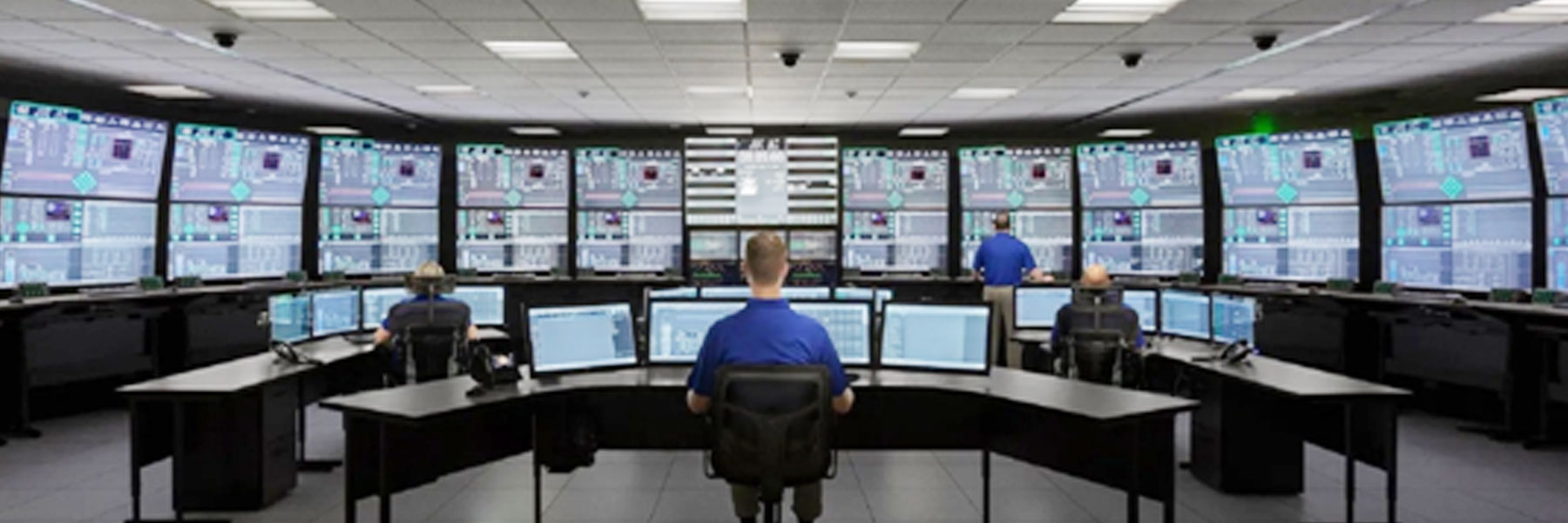Online Performance Monitoring, by definition, is the process of measuring the performance of existing operating assets, understanding the deviation from the targeted account, and quantifying the impact of performance degradation.
In general, there are two types of performance monitoring employed in the industry. These are trend type monitoring and model-based performance monitoring. The most straightforward of the two, the trend type monitoring, relies on detailed calculations
based on plant historians’ variables. On the other hand, the model-based Performance Monitoring is comparing actual plant performance versus a model or a correlation. The data gathered is then used to quantify the impact of implementing process changes on the overall plant performance.
Chemdelve process modeling and optimization provides a group of applications for reconciliation and real time optimization of refining, petrochemical, and gas processing industries. The results provided are based on current economic and process conditions, giving operators and engineers the ability and confidence to make informed decisions because the models accurately reflect process behavior.
Chemdelve process optimization solution integrates heat and material balance rigorous simulation, data reconciliation, gross error detection, economic optimization, and performance monitoring into a single user environment. Its online modeling and optimization capabilities utilize industry-proven thermodynamic methods and data to generate highly accurate operating information, enabling controls systems and processes to react quickly and precisely to changes in feed and product pricing, energy costs, and equipment performance.

